The CINELDI research centre aims to educate 20 PhD and postdoc candidates within the fields of power engineering, cybernetics, information and communication technology, and social sciences.
Covering all aspects of the future grid
The electricity grid is a large and complex system. There is a lot to cover when investigating how we can prepare for growing electricity demand, with more renewable sources. The variety in research areas among the PhDs reflects this.
As a social scientist, Outi Pitkänen is concerned with how society is reacting to the ongoing energy transition. She is a PhD candidate at the Department of Interdisciplinary Studies of Culture at NTNU. Here, she studies how the further electrification of society affects the people that make up this society. Pitkänen is investigating how flexibility is understood and implemented by different parts of society. This involves looking at innovation processes, and how we can make these more inclusive.
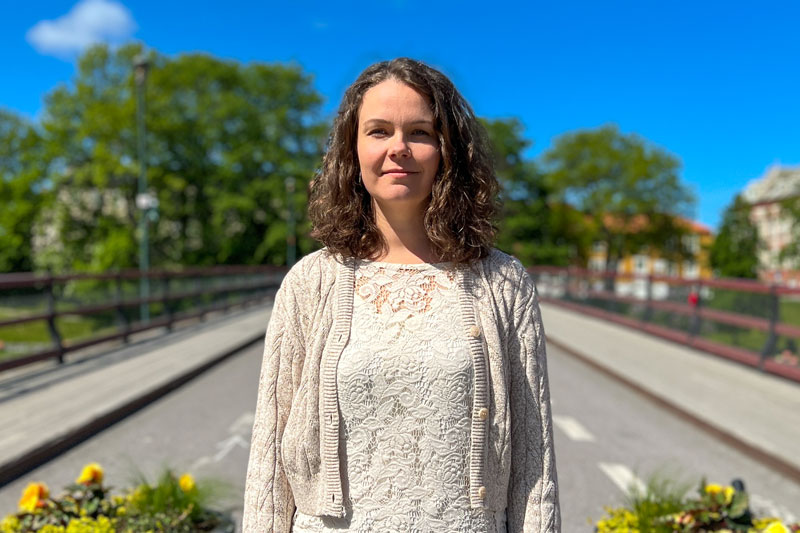
There is a large focus on interdisciplinary research among our PhD candidates. Emil Dimanchev comes from a diverse academic background and is focusing his research on the smart grid. His background in both mathematical economics and technology has affected the way he conducts his research.
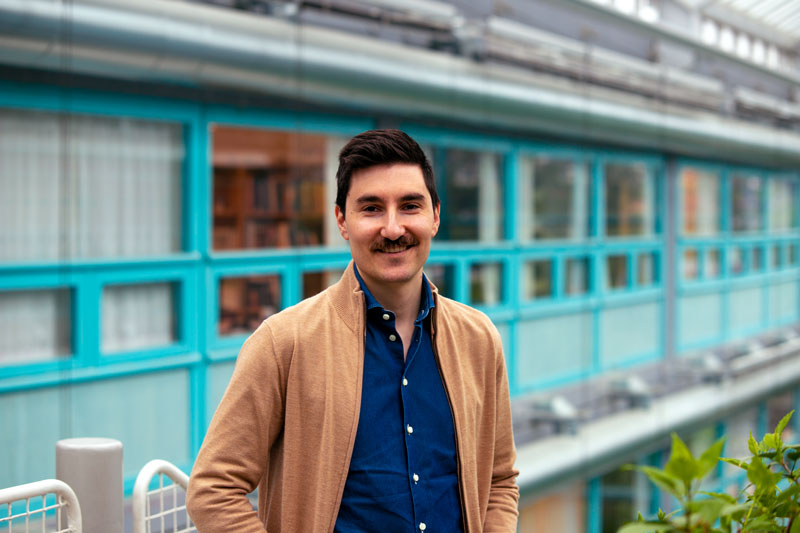
The same goes for Dung Bai-Yen. In his career, he hopes to contribute to the energy transition, rather than to a specific discipline. He started out in Bioenvironmental Systems Engineering while doing his bachelor’s degree back home in Taiwan but developed an interest in energy systems when he started his master’s.
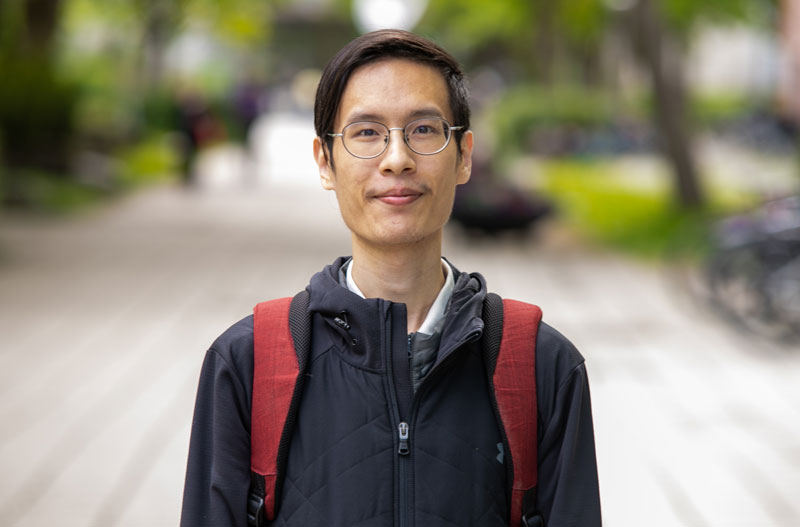
He is now a PhD candidate at the Department of Industrial Economy and Technology Management, where he is researching how consumers part-take in the energy transition. Among his focus areas are the implementation of technology among end-users, and how they interact with Distribution and Transmission System Operators (DSO-TSOs).
A PhD candidate community
Aurora Flataker and Kjersti Berg both hold master’s degrees in Energy and Environmental Engineering from NTNU. After working as scientists at SINTEF Energy Research upon finishing their master’s, they returned to the Department of Electrical Power Engineering as PhD candidates.
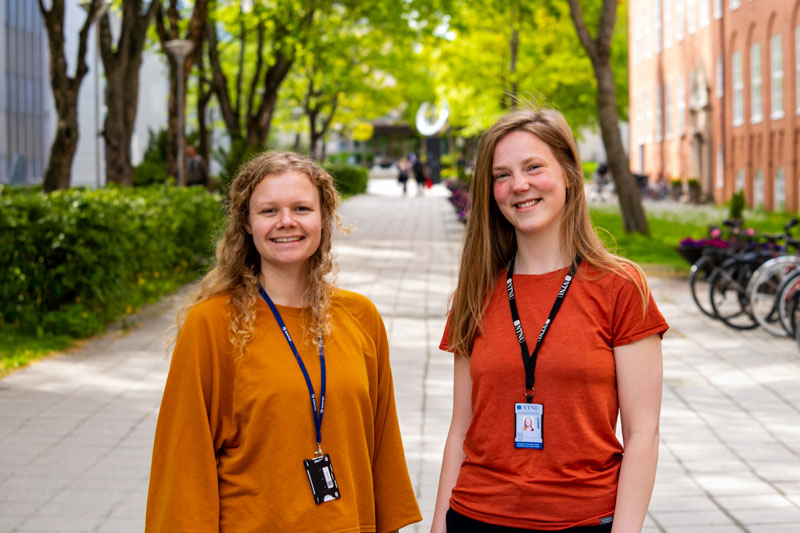
– It’s a great feeling to have talented scientists around you.
This is how Berg describes being a part of CINELDI as a PhD candidate. She and the four others candidates agree on the fact that being part of a community with the other CINELDI PhD candidates is one of the advantages of being linked to a research centre.
The more informal social aspect of this community was also pointed to as something the candidates value highly. Not only does it make the solitary work in a PhD project less lonely but having likeminded people nearby may also nurture research activities. Dimanchev describes one specific instance where he and a fellow PhD candidate were talking casually during a break. During this conversation, they touched upon the topic of electricity tariffs in Norway. This was a topic Dimanchev himself didn’t have as much knowledge about, but the conversation paved the way for a new path in his project.
In addition to the relationship between the PhD candidates, the larger CINELDI network reaches far beyond their offices at NTNU. Flataker emphasises the importance of meeting industry actors and technology providers in person, for instance at conferences or workshops.
– It ensures that my research is relevant for real-life applications, and not just research for research’s sake, she says.
Finding a way to make the world a better place
The motivation factors for becoming a PhD candidate at CINELDI vary widely. Pitkänen started her PhD journey in the middle of the COVID-19 pandemic. Luckily, as restrictions lifted, she was able to partake in the different Centre partner gatherings. She was even able to have an extended stay with one of the partners, distribution system operator Lede. Here, she can communicate her research and provide value for those working hands-on with the further electrification of society. This has been an exciting part of being a PhD candidate, which she finds highly motivating.
– I am interested in pedagogy and find it very rewarding to be able to communicate my social research to the technology community inside and outside of CINELDI.
Others are motivated by the in-depth nature of their work. Both Yen, Berg and Dimanchev mentioned this possibility to investigate issues more thoroughly, in order to create a deeper understanding that only science is able to provide.
– One of my reasons for being a PhD candidate is to address important questions regarding electrification, and to address them well and rigorously, Dimanchev explains.
There is also a practical side of this motivation. Berg worked as a scientist at SINTEF Energy Research for four years before starting her PhD. When deciding to do her PhD on local energy communities, being able to take the time to get a deep understanding of certain topics was very motivating to her.
– In a way, you are learning how to do research, which is very useful, she explains.
Preparing the grid for the future
Flataker says jokingly that when she started her PhD, she wanted to save the world with her research. Even though this might be a slightly far-fetched goal for one person, the different research projects of the PhD candidates can create crucial knowledge about designing the future robust, flexible grid. Even if she sees that her research on electrical vehicles (EVs) may not save the world on its own, it will be a valuable addition in preparing the electricity grid for the ongoing increase in the number of EVs.
The PhD candidates all work towards CINELDI’s goal of building the future flexible and robust electricity grid. An increased level of electrification will make the grid an even more vital part of society – reinforcing its existing status as a critically important infrastructure. As such, these five young scientists are adding their own contribution to the energy transition that Norway needs to undergo to reach its climate goals in both 2030 and 2050.


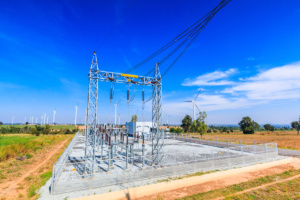
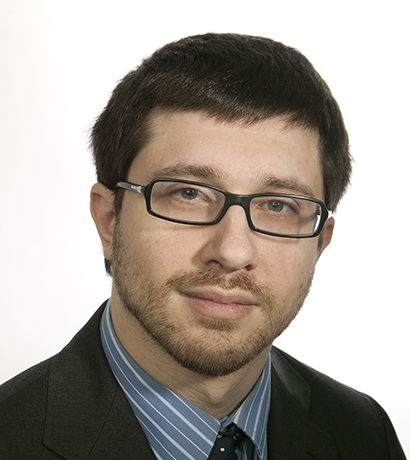
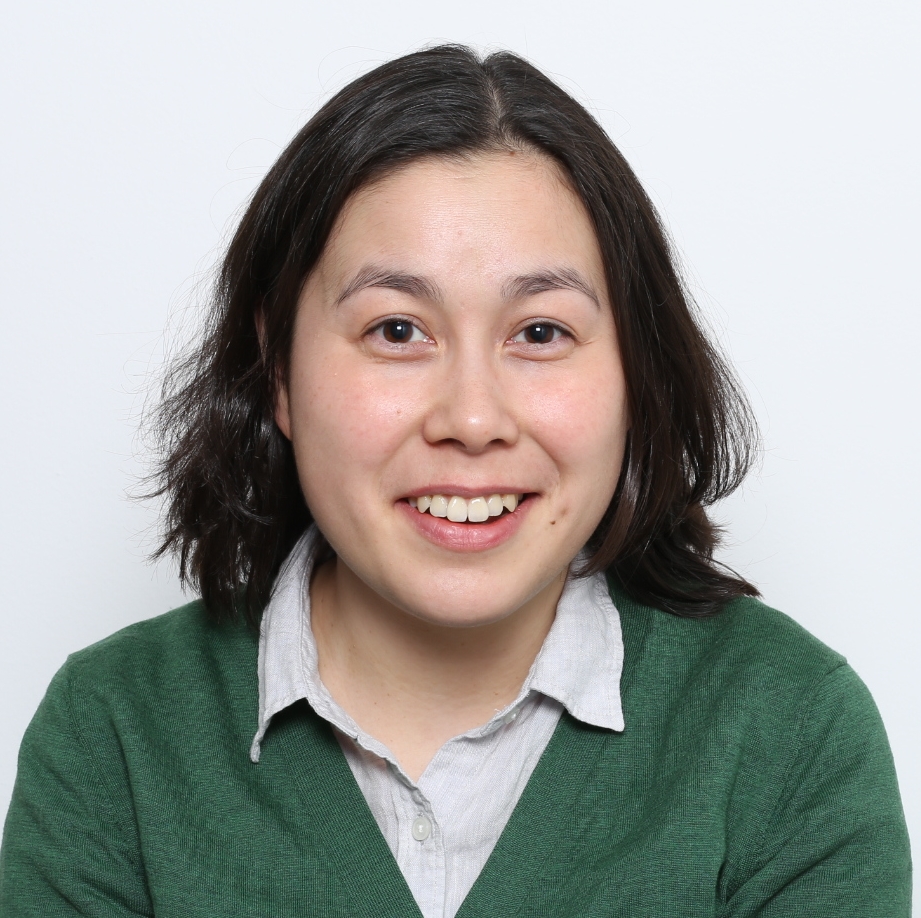
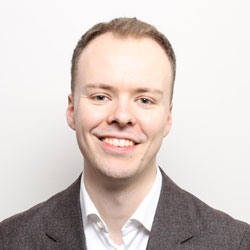
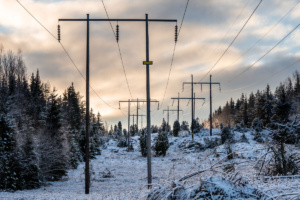
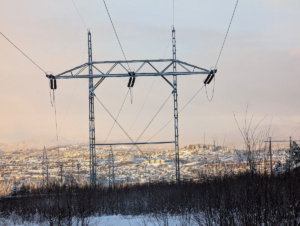
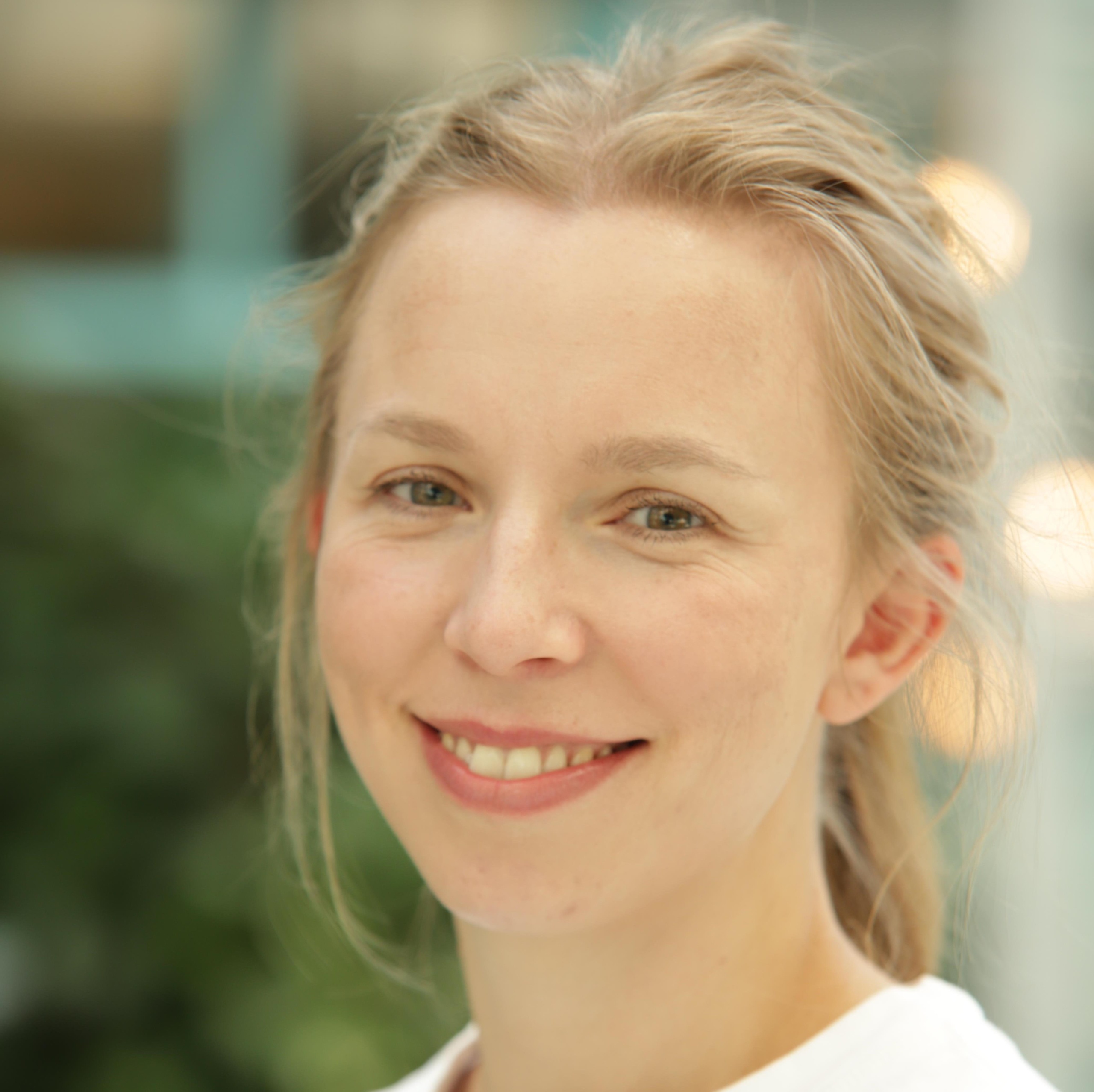
Comments
No comments yet. Be the first to comment!